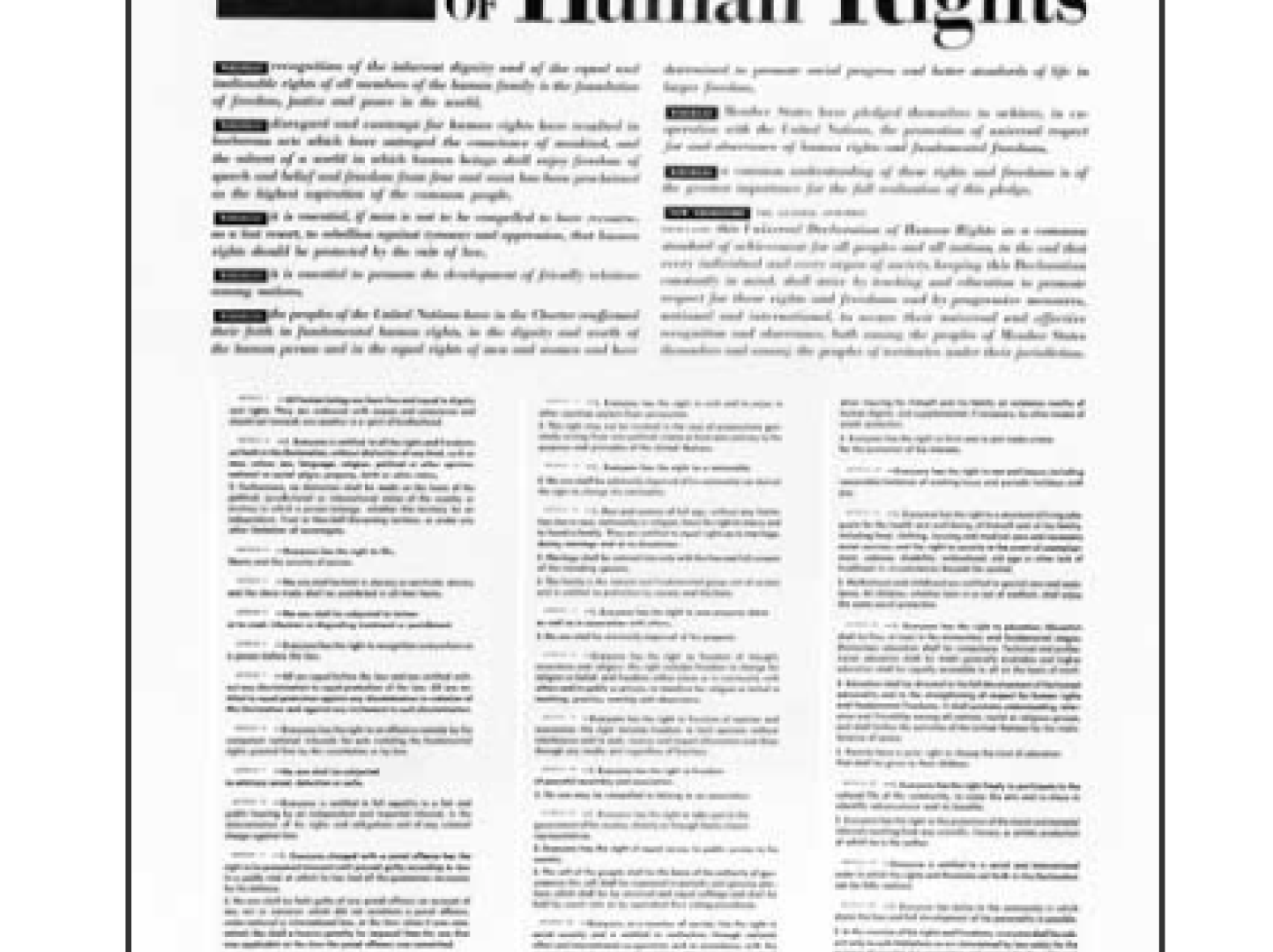Helping Communities Weather the Socio-economic Downturn: Building Urban Resilience
Yangon has always faced challenges associated with rapid urbanization. Following the twin crises of COVID-19 and military takeover, the city’s inhabitants face unprecedented new pressures. The poverty rate in Yangon was projected to triple — from 13.7 percent in 2017 to 41.9 percent in 2022 — with the city set to be resident to some of the largest numbers of poor people while needing the highest level of resources to lift people out of poverty. In addition, men and women in Yangon must contend with poor legal protections, limited economic opportunities, inflated costs of living and an unhealthy environment.
To better understand the experiences, challenges and emerging needs of households in Yangon, UNDP and UN Women conducted a baseline survey comparing households in eight townships of Yangon with the remaining townships in Yangon. The study was undertaken to gather empirical evidence to ensure the anticipated activities of the Urban Resilience Project – URP are appropriate, and to provide a baseline for future programme monitoring and evaluation.
The survey, conducted over the phone with interviews lasting approximately 20 minutes, involved 3,000 respondents. The survey comprises questions on household finances, employment and livelihoods, safety and security, access to basic services, including health and education. The report provides comparisons between the 8 URP townships and the rest of Yangon.
This baseline survey is one of the benchmarks to help measure the impact of URP. It captures the situation as it currently stands and confirms the priorities for urban interventions focused on responding to the growing needs and vulnerabilities of households. In future years, a follow-up survey may be undertaken to re-evaluate the socio-economic situation in the eight townships compared to the rest of Yangon, permitting impact analysis of any interventions to support households within the townships.





